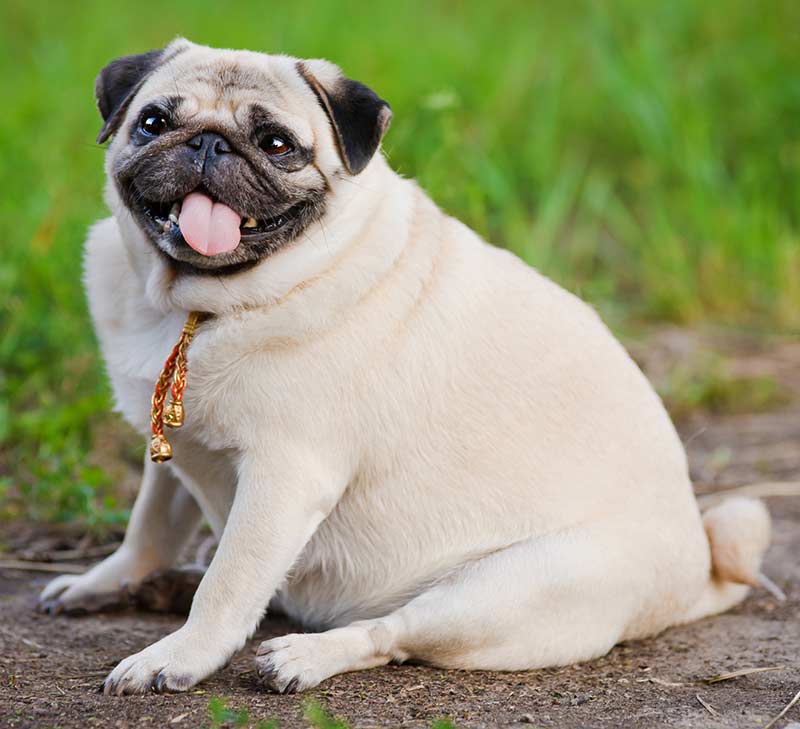How to Prevent Obesity in Pets and Keep Them Healthy and Happy?

Our furry companions bring joy, laughter, and unconditional love into our lives. Yet, as pet owners, we are responsible for ensuring their well-being. One of the primary factors that can affect their health and happiness is their weight. Preventing pet obesity is a matter of aesthetics and a critical aspect of their overall health. Thus, it’s essential to seek help from vets at Virginia Beach veterinary hospital to keep a check on your pet’s health.
In this guide, we’ll explore why maintaining a healthy weight for your pet is essential and provide practical tips to keep them in their best shape.
Why Is Preventing Pet Obesity So Important?
Just like humans, maintaining a healthy weight is crucial for pets. Here’s why it matters:
- Longevity: Overweight pets tend to have shorter lifespans. By maintaining a healthy weight, you can help ensure your furry friend lives a longer and happier life.
- Prevention of Health Issues: Obesity can lead to a range of health problems for your pet, including diabetes, arthritis, heart disease, and even some forms of cancer.
- Enhanced Quality of Life: A healthy weight means that your pet will have more energy, be more active, and enjoy a higher quality of life.
- Decreased Veterinary Costs: Maintaining your pet at a healthy weight can significantly reduce your vet bills since they will be less prone to health issues.
Tips for Preventing Pet Obesity
- Balanced Diet: Consult your veterinarian for guidance on the right diet for your pet. The correct type and amount of food are crucial in maintaining a healthy weight. High-quality pet food, rather than table scraps, will keep your pet’s weight in check.
- Portion Control: Even with healthy food, overfeeding can lead to weight gain. Measure your pet’s food portions according to the recommendations on the packaging or the advice of your vet.
- Treats in Moderation: Treats are a part of pet ownership, but overindulging can lead to obesity. Choose healthy treats or reduce the size of treats to keep your pet’s calorie intake within the recommended limits.
- Regular Exercise: Dogs need regular exercise to stay fit. Going for daily walks or play sessions can help maintain their weight. For cats, interactive toys and playtime can keep them active.
- Avoid Free Feeding: Leaving food out all day for your pet can lead to overeating. Stick to scheduled feeding times to control their food intake.
- Nutritional Consultation: For pets with specific dietary needs or those at risk of obesity, consider consulting a veterinary nutritionist for a tailored diet plan.
- Monitor Weight: Regularly weigh your pet and be aware of weight changes. Early detection of weight gain can help you take corrective action.
- Limit Table Scraps: Human food often has too many calories for pets. Avoid feeding them from your plate to prevent obesity.
- Consider Prescription Diets: If your pet is already overweight, your vet may recommend a prescription diet to facilitate safe weight loss.
- Consult Your Veterinarian: If you suspect your pet is overweight or if you’re unsure about their ideal weight, consult your veterinarians Virginia Beach. They can provide guidance and set a weight management plan.
Conclusion Preventing pet obesity is an act of love and responsibility. Your pet’s well-being depends on maintaining a healthy weight, which can lead to a longer, happier, and healthier life. By providing balanced nutrition, portion control, regular exercise, and vigilance in monitoring your pet’s weight, you’re ensuring that your beloved companion enjoys the best possible life by your side. Always remember that your veterinarian is an essential partner in this journey, providing you with guidance and support to help your pet maintain a healthy weight.…
